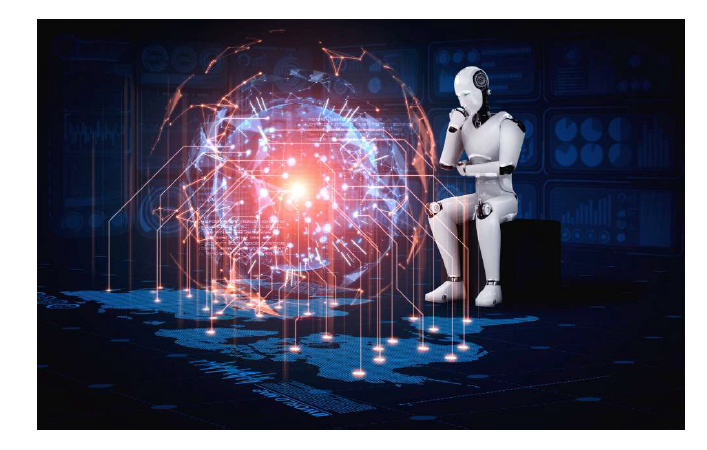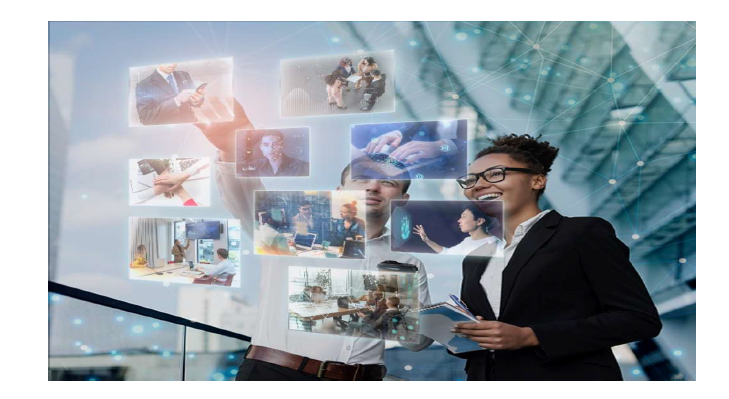
AI: A Revolution in the Way We Live, Work, and Interact
The rapid advancement of intelligence (AI) technology is transforming
the way humans live, work and interact with the world. AI research
aims to develop computer systems of understanding speech
translating languages and recognizing visuals – tasks that traditionally
required intelligence. This groundbreaking technology has the
potential to revolutionize sectors such, as healthcare, education,
transportation and entertainment.
One area where AI has already made an impact is the workplace.
Industries like manufacturing and logistics are swiftly adopting robots
and AI driven automation systems to enhance productivity, efficiency
and cost effectiveness. Additionally machine learning algorithms are
being utilized to analyze amounts of data and provide insights that
were previously hard to obtain. Furthermore AI powered chatbots and
virtual assistants are improving customer support services.
AI is also reshaping our routines. Smart homes equipped with AI
driven systems can control temperature settings lighting conditions,
home security measures. Even offer entertainment options. The
capabilities of assistants like Siri and Alexa continue to evolve. Users
can now effortlessly accomplish tasks, through voice activated
helpers.
The impact of intelligence, in domains has the potential to bring
changes to our daily lives and business practices. AI plays a role in
enabling detection and providing more accurate treatment options
leading to better outcomes. Machine learning algorithms analyze data
to identify patterns and predict results while intelligent robots assist
in surgeries and rehabilitation.
AIs influence is also noticeable in the field of education. AI powered
tutoring systems offer personalized learning opportunities, for
students by analyzing their performance data and identifying areas
where they may require assistance.
Although the benefits of AI are evident concerns do exist. One major
worry revolves around the possibility of jobs being replaced by AI
powered systems leading to unrest and unemployment. Ethical issues
related to bias, privacy concerns and potential misuse also raise
apprehensions.
However there is no denying that AI will fundamentally transform life,
work dynamics and social interactions. As technology advances it
becomes crucial to ensure that everyone reaps its benefits while
addressing any challenges effectively. With an approach AI has the
potential to significantly impact our planet positively and enhance our
quality of life.

